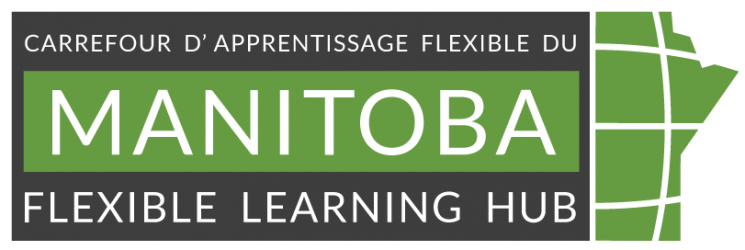
Latest EDI module focuses on the workings of power in post-secondary settings
Partners institutions launch the third EDI module this fall
The interesting thing about power is that it’s always present, whether or not we notice it. Those with power are frequently least aware of—or perhaps least willing to acknowledge—its existence. Those with less power are often most aware of it because they may be negatively affected by it.
In the new EDI module, “Exploring power dynamics in post-secondary institutions,” distributed Manitoba wide, instructors and staff can continue their EDI journey by enhancing their understanding of power dynamics in the post-secondary teaching context.
“Once we become aware of how power is operating, then we can be more likely to address it and ensure that we are working towards equitable and inclusive environments,” explains Eric Sagenes, who authored the latest self-study module. The module is the third instalment of six that will make up the shared Manitoba course “Incorporating EDI into Your Course and Teaching”. The course has been developed by the MB Hub to help instructors apply equity, diversity and inclusion concepts in their teaching.
About the module author
Eric Sagenes, is a doctoral candidate at the University of Manitoba in the Faculty of Education and a sessional instructor at Brandon University. His areas of scholarly interest include social activism, decolonization and diversity. Sagenes has taught courses in leadership in adult learning, leadership in anti-racist education, and second language education.
This latest module will help instructors to enhance their understanding of power dynamics in the post-secondary teaching context. “The goal of this module is to raise your consciousness about how power plays out in different situations, so you can start to see how it plays out in your own context,” explains Sagenes.
“When I was teaching an anti-racism course, a student made a comment that when we talk about equity, diversity, and inclusion, the underlying thread is understanding how power functions and its impacts,” he says. “Throughout this module, you will learn what power is and what it can look like, the impacts it has on the person who has power and on those who are oppressed by power.”
By the end of the 35-minute self-study module, learners should be able to:
- Explore the concept of power and how practices and policies can marginalize members from equity-deserving groups
- Recognize how oppression is based on relationships of unequal power among social groups and how those in power can continually perpetuate inequality
- Identify the impact of privilege on teaching and learning
- Explore teaching and learning strategies and activities that address power, oppression and privilege in post-secondary and promote equity, diversity and inclusion
The six-module EDI course was developed by the MB Hub at the request of the Flexible Learning Advisory Group for a shared post-secondary journey in EDI fundamentals.
Partner institutions participating in the EDI series are Assiniboine Community College, Brandon University, University College of the North, Red River College Polytechnic, University of Winnipeg and University of Manitoba.
Each module provides strategies and teaching techniques and additional resources for those who wish to take their learnings further. More than 10,000 instructional and support staff across the province have access to the course through the learning platform at their respective institutions.
The next step in the journey, EDI module four, is currently in development. It covers the topics of Decolonization, Indigenization and Reconciliation, and is slated to be released in the winter of 2025.
